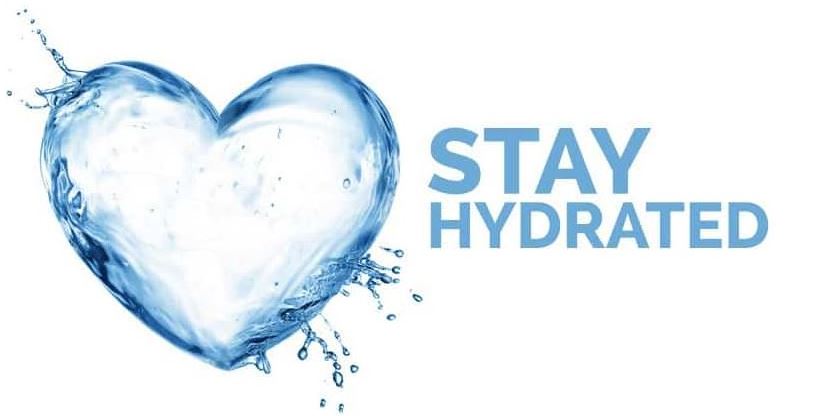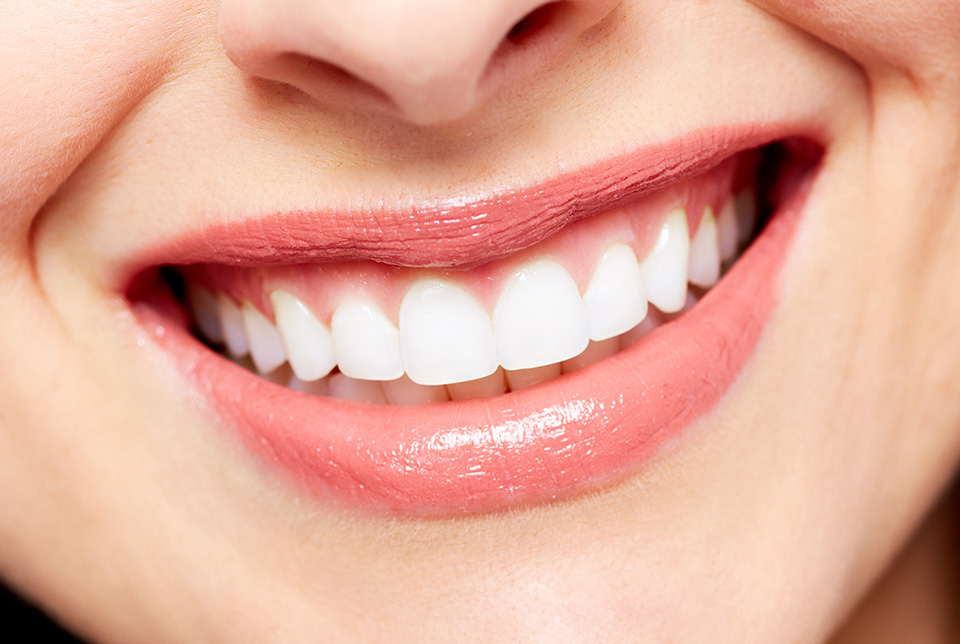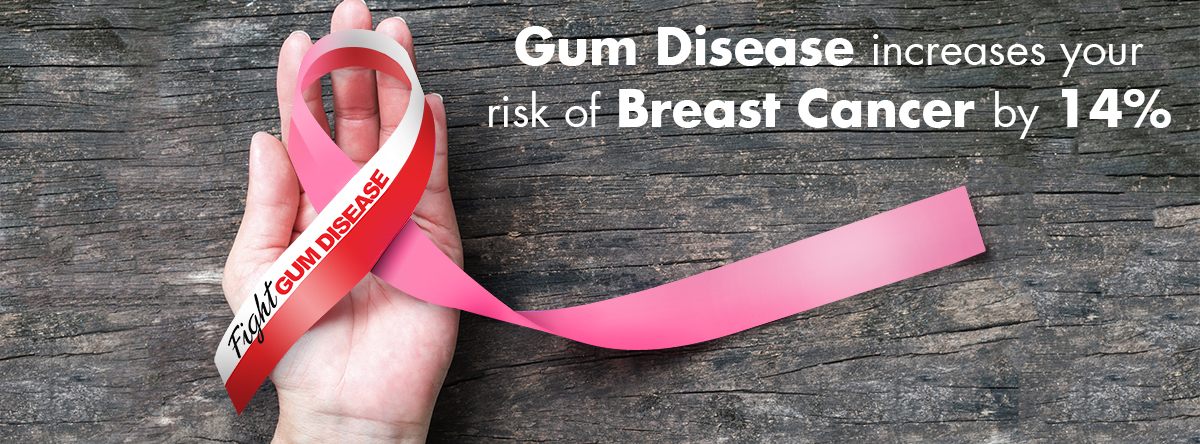
You’ve probably heard that drinking water can help clear up your skin, keep your body healthy, rejuvenate your muscles, get rid of waste, etc. There are so many benefits to staying hydrated and many of them are widely known. Essentially, there’s no better drink than water, and it makes sense with our bodies being 60% water. What sometimes isn’t known is how great drinking water is for your oral health. A simple and easy way to help keep your teeth healthy and strong is to drink more water!
Learn more about The Best Beverage
The reasons to drink water are plenty, and knowing how big of an effect water can have on our oral health makes it even more imperative to staying hydrated by drinking water every day. But how can you help your kiddos drink more water?
Why is staying hydrated and drinking water important? Here are 10 reasons for you and your kids to drink plenty of water every single day:
Water helps kids stay hydrated–which is important for their brains to work and for them to stay healthy!
Dehydration means that your body doesn’t have enough water to function properly. Seventy-five percent of people (including children) are chronically dehydrated.
Even mild dehydration will:
The human body has no stored water to draw on during dehydration so it’s vitally important that your child drinks water throughout the day.
Dehydration can happen very quickly—keep water with you in the car for thirsty kids. If they play sports or are involved in strenuous extra-curricular activities, send them with plenty of water in their backpacks.
If your children come home from school grumpy or tired—give them a glass of water.
Your children need water for their cells to grow. As they grow, 75% of the cell volume must be filled with water. This is one reason why children develop asthma and allergies during the growth stage of their physical development–they don’t have enough water for their body systems to function. Some research indicates that asthma can be caused by chronic dehydration and by increasing water and adding a bit of salt to the tongue, asthma coughing disappears.
Kids are also susceptible to allergies if they increase their food intake but not their water intake.
If you have a child who suffers from asthma or allergies, water obviously will help. Kids with allergies should drink a glass of water BEFORE eating food. And kids with asthma need to drink more water. They also need to stop drinking sodas containing caffeine and reduce their orange juice consumption which can trigger an allergic reaction in some children.
In a University of Washington study, it was discovered that dieters who drink one glass of water before bed will shut down late-night hunger pains by almost 100%! Drinking water helps separate the feelings of thirst and hunger. Thirty-seven percent of Americans suffer from a very weak thirst mechanism. In fact, it is so weak that it is often mistaken for hunger. Many kids and parents who feel hungry are really in need of water.
Does your child get up at night complaining of hunger or thirst? If so, either give him/her a glass of water an hour before bedtime or even 30 minutes before bed. If they get up feeling hungry or thirsty—give them another glass of water. You’re probably thinking, “they are going to be up all night going to the bathroom.” Possibly, but if your child’s body is in need of water, the water they drink will be used to replenish their organs and cells.
When your kids are thirsty, they get tired very easily. In fact, studies show that not replenishing the body with water is the #1 trigger of daytime fatigue.
Kids in school need water to help:
Send bottled water with your children to school. Let their teachers know exactly why you are doing this. If they don’t understand, encourage them to read the research connecting water to learning.
Back, joint and muscle pain are not relegated to the aging. It can also happen to your kids. Growing pains are common among children. Preliminary research indicates that 8-10 glasses of water a day can significantly ease back, joint and muscle pain for up to 80% of sufferers.
If your kids are experiencing growing pains, give them plenty of water throughout the day and a glass of water about one hour prior to them going to bed (so they can empty their bladder before they nod off). It should help.
Did you know that a mere 2% drop in body water can trigger fuzzy short-term memory? It can also cause kids to have problems understanding basic math, and have difficulty focusing on a computer screen or printed page in a book. Drinking water every day can help prevent memory loss well into old age.
Before starting their homework, make certain your kids have had a big glass of water to drink. And as mentioned above, send them to school with a bottle of water. It’s necessary for their memories and learning.
Drinking water can help ward off certain cancers. For instance:
Water also helps to normalize the blood-manufacturing system in the bone marrow which helps prevent childhood leukemia and lymphoma.
Although some of these forms of cancer are not cancers common in children, it’s a good idea to get your kids in the habit of drinking plenty of water every day. It just may help prevent certain cancers when they are adults because water keeps the immune system working at peak performance and can fight infections and cancer cells where they are formed.
If your child sips water throughout the day, they will keep their systems hydrated and their abilities to learn and function will substantially increase. If they guzzle water (drinking it very rapidly) they will cleanse their systems. Both are helpful for their bodies and minds.
Either sipping or guzzling water is good for your child’s health.
Many parents think that as long as their child is getting some form of liquid (milk, juice, soda) in their systems, they will be hydrated. This is partially correct. However, sodas and juices are loaded with sugar and sugar drains water from the colon and can cause constipation and/or diarrhea. Plus, the sodium in sodas increases dehydration. Kids don’t need excess salt or sugar in their diets. It impedes their ability to learn. They need water.
Make water your family’s #1 beverage choice. You’ll be glad you did. You will notice your children having sustained, focused energy; their brains will work better and more efficiently which all translates into a healthier more positive learning experience.
When your kids get to be teens, they will be concerned about their skin. Having healthy, acne-free skin is important for teens and their self-esteem. There are many reasons for teen acne, but several things that can help is drinking plenty of water, giving up sodas and eating plenty of fruits and veggies. Fruits and veggies are loaded with water and will help clean out the cells.
Drinking water every day will help improve your teen’s skin by:
These tips and additional information can be found in the article titled: 10 Amazing Benefits of Drinking Water and How it Makes Kids Smarter
Related Article: Preventative Dentistry for Kids: Dental Health for Healthy Smiles
As you know, it’s important for everyone to have a solid foundation of oral health habits. Not only does that include brushing and flossing daily, but also having healthy habits — including staying hydrated by drinking water! Why is drinking water important for you and your family? I hope we answered that question in this blog. Dr. Roberts and his Team love to talk about dental health and look forward to answering any of your questions during your next dental appointment.
Dr. Travis A. Roberts, DDS July 18th, 2023
Posted In: Dental Health Tips
Tags: childrens dental health, dental health, dental health awareness, oral health

Your smile was meant to last a lifetime. That’s why it’s so important to take care of your teeth, so they can function well and last as long as they’re supposed to. Ultimately, the best thing you can do for your teeth’s durability is seeing your dentist for regular dental exams and cleanings; however, we’re also going to talk about the best foods for healthy teeth too!
According to the Oral Health Foundation, “Dental appointments shouldn’t just be made when you have a problem that needs to be addressed. Prevention is always better than needing a cure and there are plenty more reasons why it’s important to maintain regular visits to your local dental practice.”
Some of these reasons include:
Dr. Travis A. Roberts, DDS November 8th, 2022
Posted In: Dental Health Tips
Tags: gum disease, oral health, tooth decay

Research suggests that postmenopausal women with gum disease are more likely to develop breast cancer than postmenopausal women who don’t have gum disease. Why? Let’s discuss how gum disease increases breast cancer risk.
Gum disease, also called periodontal disease, can range from simple inflammation of the gums, called gingivitis, to periodontitis, when the gums pull away from the teeth leaving open spaces that become infected. The bacteria causing the infection and the body’s response to the infection can break down the bone and connective tissue that hold your teeth in place. If periodontitis isn’t treated, the teeth may become loose and must be removed.
Gum disease can be prevented by regular tooth brushing and flossing.
Gum disease has been associated with several other diseases, including heart disease, stroke, and diabetes. Past research has found links between gum disease and oral, esophageal, head and neck, pancreatic, and lung cancer.
Dr. Travis A. Roberts, DDS October 4th, 2022
Posted In: Periodontal | Gum Disease